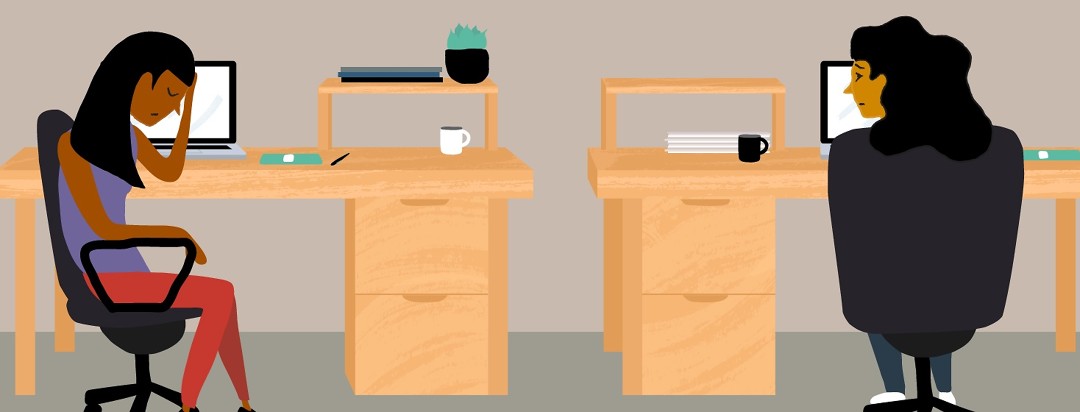What’s Most Helpful to Hear During a Migraine Attack?
We have all heard less than helpful comments from coworkers, friends and family while in the throes of a migraine attack. Though typically well-intentioned, these comments are often simply based in ignorance. The general public knows relatively little about migraine and is, therefore, at times unclear about how to best provide the support that we need. However, no single statement of support would apply to all of us. We each respond differently to feedback. To that end, the purpose of this article is to generate comments that might help to hear when dealing with a migraine attack or when living with chronic migraine. In the comment section below, we want to hear what works for you. Let’s offer some guidance to our support systems about what would help us most.
What not to say
Migraine.com has a couple of great articles on things NOT to say to someone living with chronic migraine or when experiencing an acute migraine attack. Things like, “It’s just a headache,” or, “It can’t be THAT bad,” or, “It’s probably because of all the stress in your life,” or, “You don’t LOOK sick.” These things, while perhaps well-meaning, can be easily misinterpreted as belittling, dismissive, accusatory, and lacking compassion.
What to say
It is validating when those around us treat our condition as the serious, complex neurological disease that it is. For those who work with, or are friends with, migraineurs, try to keep in mind that we are walking experts on condition. Here are some ideas for things to say:
Co-workers and friends
When posed by coworkers and friends, the following questions demonstrate a genuine interest in the condition of migraine and in the person who has migraine. Gathering the answers to these questions can help build a foundation of trust, compassion and empathy for the person navigating the disease:
- “I’d like to learn more about migraine. Will you help me understand what’s the most challenging thing about living with the disease?”
- “Tell me about your triggers.”
- “How can I help you when you have a migraine attack?”
- “Are you actively having a migraine?” If the answer is yes, perhaps offer to help with logistics. You might offer a ride home from work, or to the emergency room, if needed. Perhaps making a phone call to a family member to explain the situation. You also might offer to be on standby in the future, ready with ginger ale or as an escort to a dark room.
Family members and loved ones
For those living with or interacting frequently with migraineurs, there are different questions and statements that can be most helpful to hear. It is often just helpful to be reminded that we are accepted and loved and to have others acknowledge how tough the condition can be and to encourage us along the way:
- “I understand that you can’t attend every gathering. I am just so happy to see you when you are you feeling well enough to come.”
- “Is there anything I can bring you to make you more comfortable?”
- “A five day long intractable migraine? I can’t imagine what you are up against. I love you and am here for you.”
- “I’m here if you want to just let it out and cry. I know this is hard. What would be most helpful for me to do?”
Checking in
And, if you know someone living with chronic migraine who you haven’t heard from in a while, send them a message to check in:
- Is everything okay?
- How can I help?
- Can I walk your dog?
- May I do a grocery run for your family or make you a meal?
Please share your ideas for what kind of comments you’d like to hear from coworkers, friends and family when you are managing a migraine or living with the disease. Let’s throw our loved ones a lifeline and offer some ideas about what statements would feel good to hear.
Community Poll
Do you feel comfortable advocating for yourself to your healthcare provider?

Join the conversation